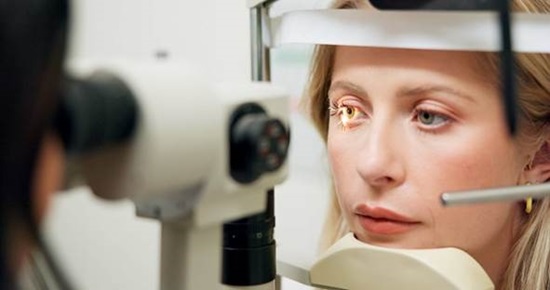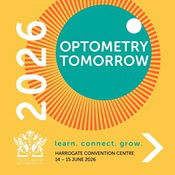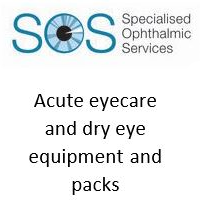Contact Lenses
How Opticians Can Tackle Plastic Waste from Disposable Lenses
How Opticians Can Tackle Plastic Waste from Disposable Lenses
The growing popularity of disposable contact lenses has inadvertently contributed to increasing plastic waste.

In the UK, over 750 million contact lenses end up in landfill every year, or worse, in waterways, contributing to microplastic pollution. As it can take 500 years to decompose the effect of these tiny pollutants can be very damaging to the environment.
To help opticians tackle this problem, sustainability expert Graham Matthews from BusinessWaste.co.uk has shared five strategies that will enable opticians to stay compliant with UK regulations while looking after the planet.
- Encourage Lens Recycling Programs
One of the most effective ways to reduce the environmental impact of disposable lenses is by encouraging recycling programs. Opticians can partner with recycling schemes like TerraCycle, which allows customers to drop off used lenses, blister packs, and foil coverings at participating stores. TerraCycle then processes these materials to prevent them from getting to landfills or waterways. UK opticians can actively promote these programs by setting up in-store recycling bins and educating patients about their recycling options.
- Promote Reusable Alternatives
Opticians can promote the use of reusable contact lenses, such as monthly or bi-weekly lenses, as these are more sustainable than the daily disposables. If patients reduce the frequency of lens replacement, their plastic waste output will be significantly smaller. While disposable lenses offer convenience, encouraging a switch to reusable options can be framed as both cost-effective and environmentally friendly.
- Educate Patients on Proper Disposal
Many patients are unaware that flushing lenses down the toilet or sink contributes to plastic pollution in UK waterways. Opticians can educate their patients on the correct method of disposal, which is placing used lenses in the plastics recycling bin. Simple steps such as including a sustainability guide with lens purchases or verbally reminding them can help shift patient behaviour towards more responsible practices.
- Advocate for Manufacturer Responsibility
As a collective, opticians can push for more extended producer responsibility (EPR) schemes, where manufacturers take a more active role in managing the waste produced by their products. This can involve advocating for greener design in contact lenses or introducing take-back schemes where manufacturers recycle or safely dispose of the used products. By collaborating with lens suppliers, opticians can foster industry-wide change.
- Offer Eco-Friendly Lens Solutions
To meet the rising demand for sustainable products, opticians can stock and offer eco-friendly contact lenses, made from materials that break down more easily and have a lower environmental impact. For instance, some manufacturers are developing lenses made from biodegradable or sustainably sourced materials, which align with both patient needs and environmental goals.
Graham comments: “Opticians have a significant opportunity to reduce plastic waste from disposable lenses by actively promoting recycling programs, offering reusable alternatives, and educating patients on proper disposal methods. While tackling lens pollution may seem like a minor part of the UK’s sustainability efforts, even small actions can create meaningful change.”
Business Waste: is an upper tier waste carrier, broker, and dealer, that covers business for all commercial waste needs. They are dedicated to supporting waste collections, legal advice, and helping reduce your environmental impact, all at highly competitive prices.
Reference: https://www.my-iclinic.co.uk/articles/navigating-the-environmental-impact-of-contact-lens-waste






















